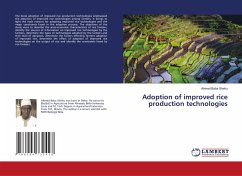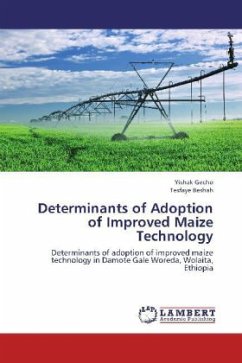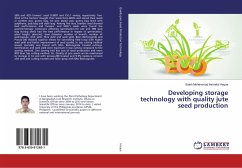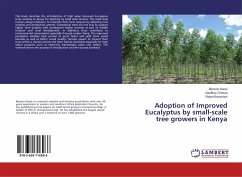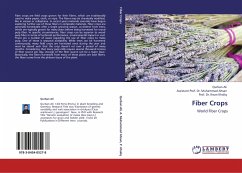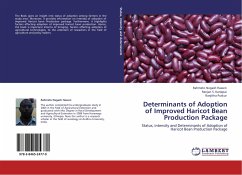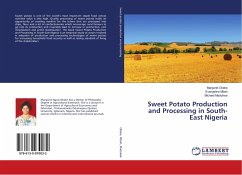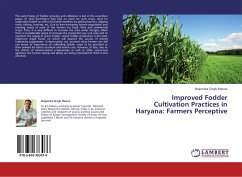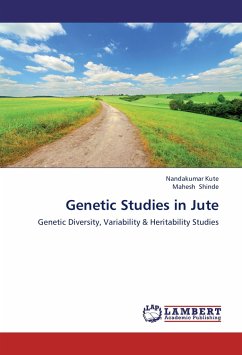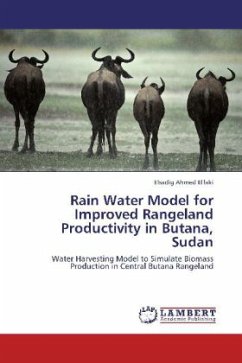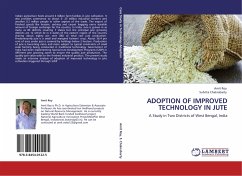
ADOPTION OF IMPROVED TECHNOLOGY IN JUTE
A Study in Two Districts of West Bengal, India
Versandkostenfrei!
Versandfertig in 6-10 Tagen
32,99 €
inkl. MwSt.

PAYBACK Punkte
16 °P sammeln!
Indian agriculture hosts around 4 million farm families in jute cultivation. It also provides sustenance to about 0 .25 million industrial workers and another 0.2 million people in other aspects of the trade. The export of finished goods like hessian, sacking and carpet bagging earns sizeable amount of foreign exchange for the country. In India, Jute is grown in as many as 83 districts covering 7 states but the principal jute growing districts are 12 which lie in 4 states of the eastern region of the country sharing about eighty per cent (80) of total raw jute production. Predominantly jute is...
Indian agriculture hosts around 4 million farm families in jute cultivation. It also provides sustenance to about 0 .25 million industrial workers and another 0.2 million people in other aspects of the trade. The export of finished goods like hessian, sacking and carpet bagging earns sizeable amount of foreign exchange for the country. In India, Jute is grown in as many as 83 districts covering 7 states but the principal jute growing districts are 12 which lie in 4 states of the eastern region of the country sharing about eighty per cent (80) of total raw jute production. Predominantly jute is a small and marginal farmers crop. About 56.4 per cent of area under jute is covered by holdings below 2 hectare. Production of jute is becoming more and more subject to typical constraints of small scale farming being conducted in traditional technology. Government of India had been implementing Special Jute Development Programs (SJDP) in different jute growing zones to ensure the quality jute production. The quality jute value-adds to the finished industrial product. The present study made an intensive analysis of adoption of improved technology in jute cultivation triggered through SJDP



